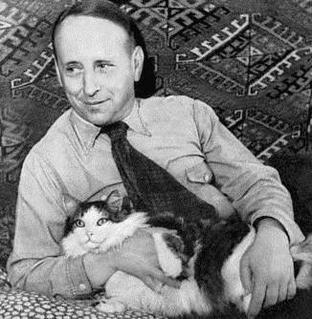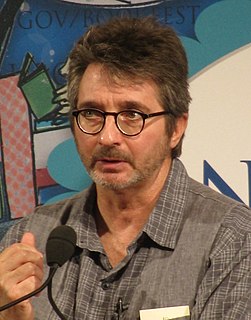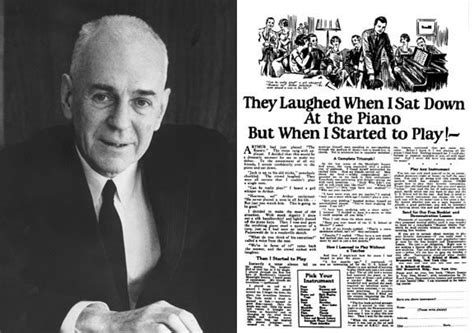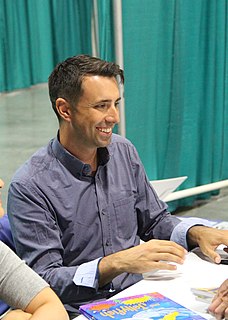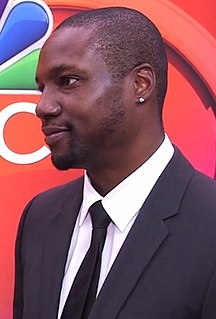A Quote by Charles Lamb
A presentation copy, reader,-if haply you are yet innocent of such favours-is a copy of a book which does not sell, sent you by the author.
Related Quotes
Copy is not written. If anyone tells you ‘you write copy’, sneer at them. Copy is not written. Copy is assembled. You do not write copy, you assemble it. You are working with a series of building blocks, you are putting the building blocks together, and then you are putting them in certain structures, you are building a little city of desire for your person to come and live in.
We buy a copy of 'Gravity's Rainbow,' say, and we carry our copy home. We open it; we fall into it. And it is here that the word 'copy' fails. Because what I experience when I read 'Gravity's Rainbow,' or 'Beloved,' or 'The Moviegoer,' is not at all a 'copy' of what you experience when you read the same novel.
Poets are excellent students of blizzards and salt and broken statuary, but they are always elsewhere for the test. Any intention in the writing of poetry besides the aim to make a poem, of engaging the materials, SHOULD be disappointed. If the poet does not have the chutzpah to jeopardize habituated assumptions and practices, what will be produced will be sleep without dream, a copy of a copy of a copy.
If your entire conception of what's possible in fantasy only comes from other fantasy books, you're going to go on to create a copy of a copy of a copy. There's nothing original there, nothing dynamic. Which is fine if that's your goal, but I've always wanted to do something no one else was doing before.
I get nostalgic for things that didn't really exist. I might have a cassette from the first time a Melle Mel track, say, got played on radio in Manchester. And it might be a copy of a copy of a copy of a tape and there's all these weird nuances and distortions that have affected what I know as the truth, if you like, of that track.


